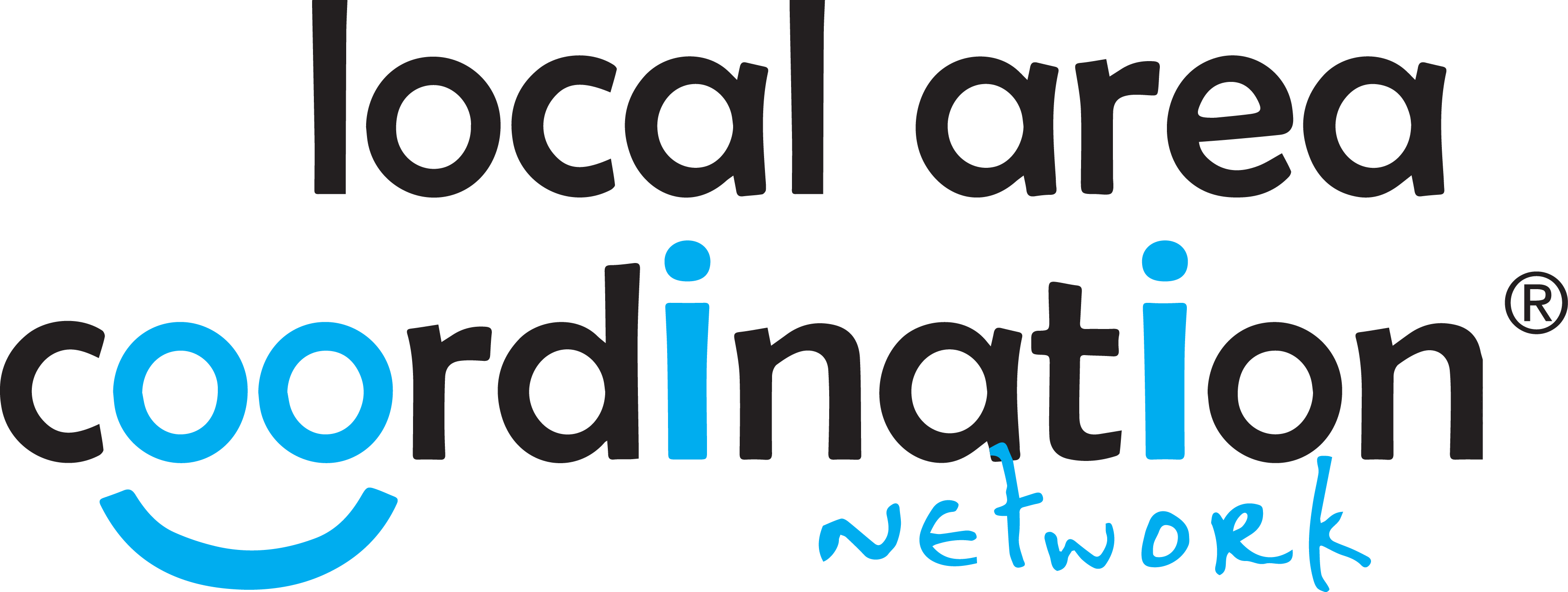When we first went into lockdown and I was told I could not visit anyone I felt heartbroken and helpless wondering what I was going to do and how could I help. Although within a few days I found myself the busiest I had ever been as a Local Area Coordinator.
In my area, the amount of people who have stepped forward to help their neighbours is extremely humbling, a show of solidarity exhibited through neighbourly action is heartening to watch and help facilitate. Thanks to this hyper local response in the area I cover and with the support from key members of the community and a very talented redeployed member of staff called Ben over 200 people are currently available to help keep people at home and safe by going shopping, delivering medication alongside many more tasks. Many more people are part of a thriving community response group on Facebook with over a thousand members. Therefore, I now have more support than ever at my fingertips from people in the community.
Similar responses are happening across Swansea and the whole of the UK, Tierney and Mahtani (2020) note within 24 hours of a governmental call for citizens to join the NHS ‘volunteer army’, 500,000 people had signed up. By early April, over 750,000 were enlisted and started undertaking tasks such as delivering medication from pharmacies, driving patients to appointments, or making regular phone calls to isolated individuals. Although it is quite possible this response has not necessarily been required because local communities had already come up with the solutions needed.
In this blog I would like to explore the reciprocal nature of these connections and how we can facilitate benefits to both the people who need help and the people offering to help.
That initial feeling of loss and helplessness is something which has stayed with me, and I have noticed that the majority of residents in the community are currently feeling this way, which is why I have been keen to connect people who need help to those who want to give it. It was a little unnerving to begin with, usually it would take me a few weeks or months of getting to know people before connecting them, since the pandemic I have had to do this within minutes. Despite meeting people in further ‘need’ due to the pandemic, I would argue that the people offering to help are just as much in need of the connection as the person who needs help with shopping or picking up prescriptions. Tierney and Mahtani (2020) agree and suggest that helping others can help individuals feel they are doing something at a time of crisis; or that it enables them to cope with sad accounts they hear every day in the media. A sense of solidarity can also be established through joining others in working towards a common purpose.
When speaking to the people who are helping others in my area, they regularly tell me how it is helping them cope with the isolation of lockdown, being away from their own family and friends. It is distracting them from worries or concerns about their health, careers or the future. And it makes them feel good, knowing they are helping people who would struggle otherwise. Tierney and Mahtani (2020) add it can help people to overcome feelings of inertia and helplessness (as they are separated from loved ones and witness reports on the damage to familiar infrastructures – healthcare, government, food supplies). A review of 33 articles on volunteering during emergencies, exploring motives, suggested that being connected with a cause can be a key driver, alongside regarding it as emotionally cathartic when affected personally, and finding solace from collaborating with others towards the same goal.
Therefore, I believe the connections we are making in the community are reciprocal, despite the very deficit and needs focused language such as ‘vulnerable and at risk’ which is being heavily used now. In my opinion, the benefits to the people offering to help are just as important for overall community health and wellbeing, as the benefits to those who need help, and we should not hesitate to make these connections now and in the future.
There will be concerns around safeguarding, and we will need to be available to manage expectations and any concerns or issues that arise from making these connections. Although as Local Area Coordinators we are well practised in connecting people through their strengths, skills and talents in a very informal and local way. Our roles could not be more important right now, despite the challenges of working from home and predominantly over the phone, rather than in person and in the community, which is where I am certain we all love to be. It is clear that our values and principles help people to help themselves and others, and when we look back at the pandemic we will be able to see the huge impact our support made in our areas.
By Tara Hughes – Local Area Coordinator in Swansea, UK
References:
Tierney, S. and Mahtani, K. (2020) Volunteering during the COVID-19 pandemic: What are the potential benefits to people’s well-being? The Centre for Evidence-Based Medicine develops, promotes and disseminates better evidence for healthcare. [online] Available at: https://www.cebm.net/covid-19/volunteering-during-the-covid-19-pandemic-what-are-the-potential-benefits-to-peoples-well-being/
Further reading:
